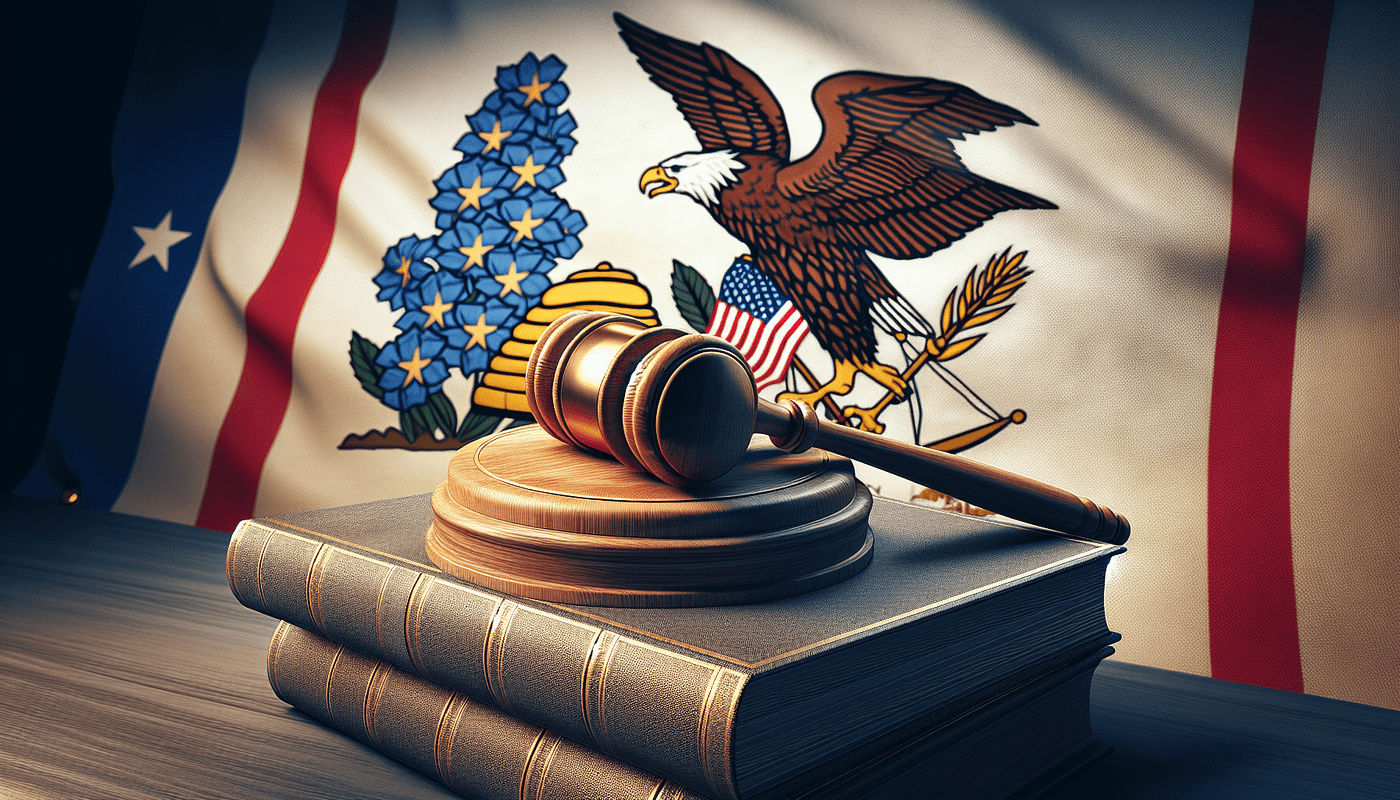Entering the world of franchising can be as exhilarating as it is daunting. For aspiring franchise owners, the appeal of working under a recognized brand and sharing in its success is undeniably attractive.
However, beneath the surface of this seemingly straightforward venture lies a labyrinth of legal requirements that can make or break a franchise’s longevity. Navigating these regulations—ranging from disclosure obligations to intellectual property protections—demands astute attention and a comprehensive understanding of the law.
Without a solid grasp of these legal parameters, even the most ambitious franchise dreams can spiral into chaos. This article will delve into the pivotal role that legal requirements play in ensuring the triumph of a franchise, shedding light on why adherence to these guidelines is not merely a bureaucratic formality, but rather a foundational element for sustainable growth and operational success.
Understanding Franchise Law: An Overview

Franchise law encompasses a multifaceted framework of regulations and statutes that govern the intricate relationship between franchisors and franchisees. At its core, it seeks to balance the interests of both parties, ensuring that aspiring business owners are equipped with the necessary knowledge to make informed decisions while protecting the established brand’s integrity.
From disclosure requirements and franchise agreements to intellectual property rights and operational guidelines, the legal landscape is both a labyrinth and a safeguard. Navigating this terrain demands not only a keen understanding of legal nuances but also an appreciation for the unique dynamics of each franchise system.
As such, compliance with these legal requirements emerges as both a challenge and an opportunity—paving the way for sustainable success in the competitive world of franchising.
The Role of Legal Documents in Franchise Success

In the intricate landscape of franchising, legal documents serve as the backbone of operational success, establishing a framework that protects both franchisors and franchisees. The Franchise Disclosure Document (FDD), for instance, not only delineates the potential risks and rewards of the opportunity but also fosters transparency, a cornerstone of trust in any business relationship.
Beyond the FDD, franchise agreements, employment contracts, and compliance documents are vital; they shape the operational protocols and uphold brand integrity. By dotting every I and crossing every, these legal instruments mitigate disputes, clarify expectations, and ultimately pave the way for sustainable growth.
It’s a delicate tapestry, woven with precision, where the slightest oversight can unravel the threads of success—underscoring just how crucial sound legal practices are in navigating the dynamic waters of franchising.
Protecting Your Brand: Trademark and Intellectual Property Considerations
In the dynamic world of franchising, protecting your brand is paramount. Securing trademarks and intellectual property rights ensures that your unique identity remains unassailable against competitors and imitators.
Crafting a robust trademark strategy not only safeguards your logo and slogans but also establishes a distinctive presence in the market. Imagine the fallout if a rival were to co-opt your branding—what would that mean for consumer trust and brand value? It’s essential to navigate the complexities of intellectual property law, ensuring you conduct thorough searches and filing processes to prevent infringement.
Remember, franchises thrive on brand consistency; thus, proactively enforcing your rights can usher in success while warding off potential pitfalls. Investing in legal protections today will solidify your franchise’s reputation and longevity tomorrow.
Conclusion
In conclusion, adhering to legal requirements is not just a regulatory obligation but a fundamental cornerstone for achieving long-term success in franchising. By meticulously navigating the complex landscape of franchise laws, businesses can protect their brand integrity, foster transparent relationships with franchisees, and mitigate potential legal disputes.
The importance of ensuring compliance with legal requirements to franchise your business cannot be overstated; it lays the groundwork for sustainable growth and reputation in a competitive marketplace. Ultimately, a solid legal foundation empowers both franchisors and franchisees to focus on what truly matters—delivering value to customers and thriving together in their entrepreneurial journey.







